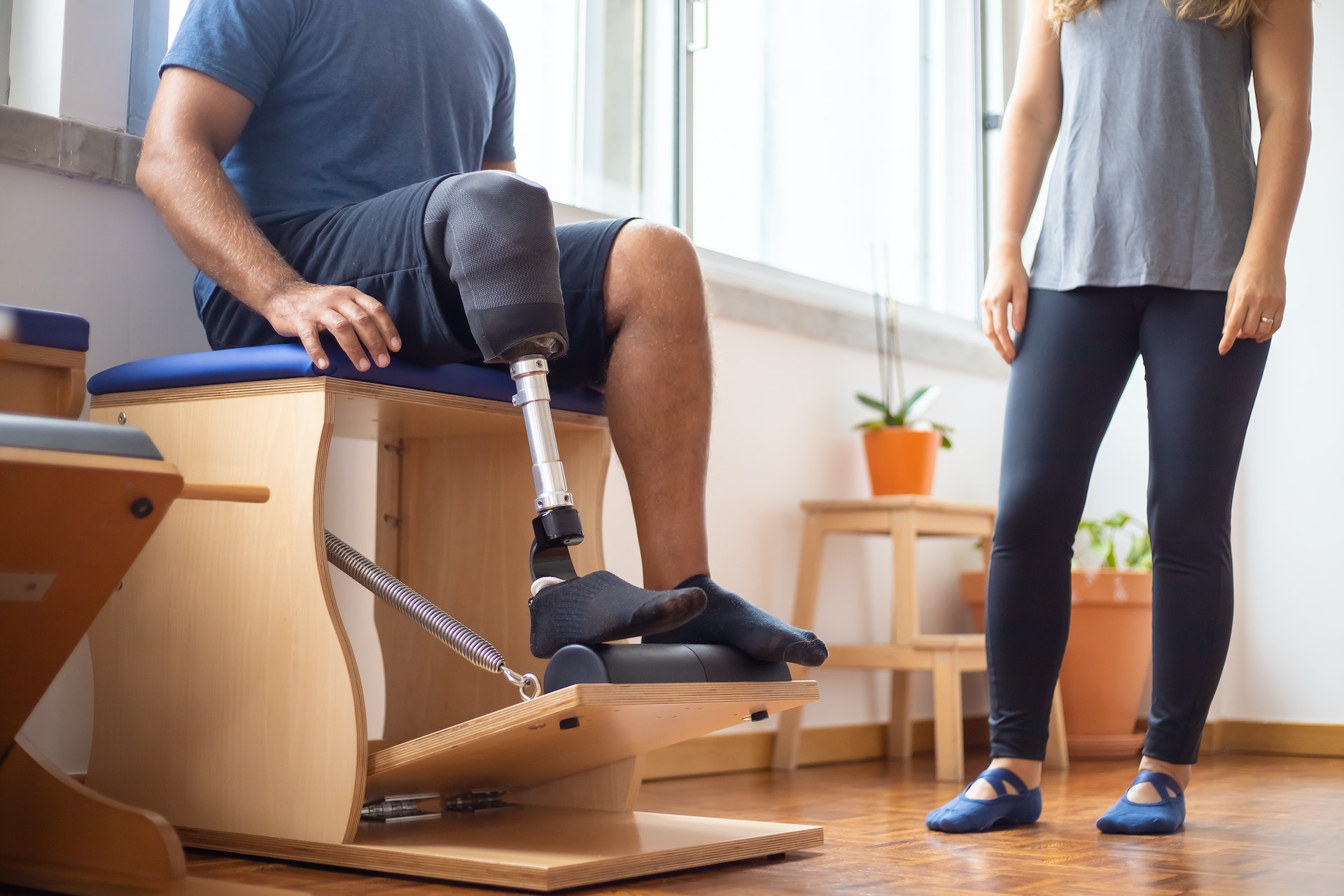How to Choose Medical Products for a Physical Therapy Office
Physical therapy is vital in relieving body pain and strengthening weak body muscles. It also enhances a patient’s ability to improve health and lead healthier lives. Therefore, it is paramount to equip physical therapy offices with appropriate medical products to facilitate comprehensive treatment. However, several factors determine the medical products needed in each physical office. We will analyze how an individual chooses medical products for a physical therapy office.
Size of the Office
The size of an office is essential in determining the medical equipment in a physical therapy office. Physical therapy equipment varies in size depending on the patient’s condition. On the other hand, the offices vary in size depending on patient capacity. As a result, smaller offices cannot accommodate massive therapy equipment due to limited space. As a result, the size of an office is essential in determining the medical products in a physical therapy office.
Specialization of the Office
The specialization of the physical therapy office also contributes to the type of equipment needed. There are several types of physical therapy ranging from rehabilitative to occupational therapy or pediatric and hand physical therapy. Physical therapists often specialize in a specific area of expertise to enhance their effectiveness in service provision. As a result, the medical products needed in a physical therapy office depend on the area of specialization of the therapist.
Price of Equipment
Moreover, the equipment prices also serve as a determinant of the equipment present in a therapy office. Physical therapy equipment varies in price depending on its intended purpose. Consequently, the income generated by a clinic determines its purchasing power. Smaller clinics hardly create enough revenue to purchase high-end equipment. As a result, they are confined to equipping their clinics with pocket-friendly products. Therefore, the equipment prices play a role in determining the products a physical therapy office can choose.
Intended Patient Population
Additionally, it is paramount to analyze the intended patient population the office will serve. Clinics that seek to serve a large patient base require a lot of equipment to match the number of patients. Alternatively, smaller clinics that serve fewer patients hardly require many products to serve customers effectively. Therefore, an individual should analyze the target population before purchasing medical products for a physical therapy office.
Durability of Equipment
Furthermore, it is vital to evaluate the durability and maintenance of equipment. On many occasions, some equipment tends to serve a shorter life span due to a lack of spare parts or an inability to withstand heavy usage. Therefore, it is crucial to analyze the maintenance options of clinic equipment before purchase. The purchaser can also research the performance and durability of medical products before purchase to ensure they can serve the clinic longer.
In conclusion, good medical products in a clinic are vital in administering appropriate treatment to patients. However, it is critical to consider several factors, such as the size of the clinic, the price of equipment, the intended patient base, the durability of equipment, and the area of specialization of the clinic before purchasing clinic equipment. These factors enhance patient experience and boost the clinic’s ability to offer adequate patient services.

